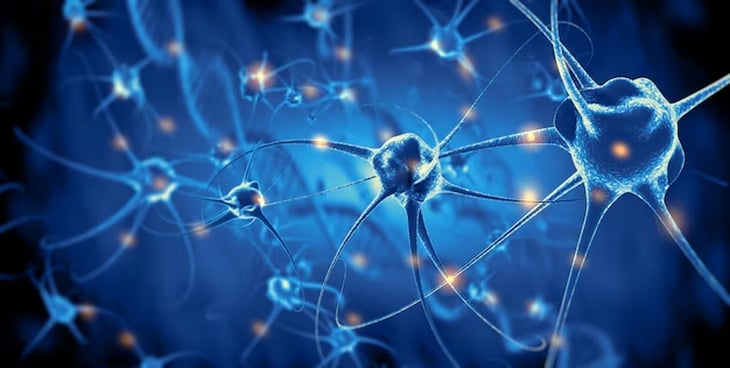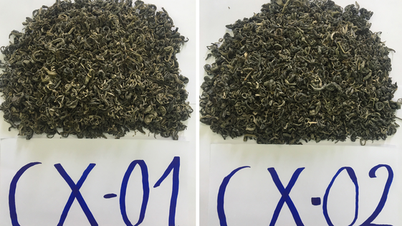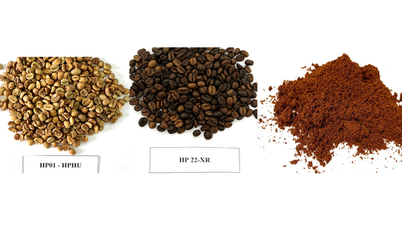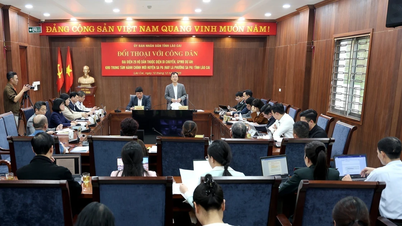
The cause of Parkinson's disease in men is due to a type of protein in the brain - Photo: FREEPIK
The cause of Parkinson's in men is a normal, harmless protein in the brain, according to Science Alert .
Why are men more likely to get Parkinson's?
The protein PTEN-induced kinase 1 (PINK1) is inherently harmless and plays an important role in regulating cellular energy use in the brain.
However, new research shows that in some cases of Parkinson's, the immune system mistakes PINK1 for an enemy, attacking brain cells that express this protein.
According to research led by a team from the La Jolla Institute for Immunology in California, PINK1-related damage, caused by T cells of the immune system , is much more prevalent and intense in the brains of men than women.
“The difference in T cell response between the sexes is very, very marked,” says immunologist Alessandro Sette of the La Jolla Institute for Immunology. “This immune response could be a factor in why we see sex differences in Parkinson’s disease.”
Using blood samples from Parkinson's patients, the researchers examined the blood's T cell response to a range of proteins previously linked to Parkinson's, and found that PINK1 stood out among them.
In male Parkinson's patients, the team found a six-fold increase in T cells. In female Parkinson's patients, the increase was only 0.7-fold.
New opportunities for disease treatment
Some researchers have previously found similar phenomena. However, these reactions are not common in all cases of Parkinson's, prompting further research into what triggers the immune response.
As is often the case with studies of this kind, once experts know more about how a disease starts and progresses, it opens up new opportunities to find ways to prevent damage.
“We can develop therapies to block T cells once we know why they attack the brain,” said immunologist Cecilia Lindestam Arlehamn of the La Jolla Institute for Immunology.
In the future, the ability to detect PINK1-sensitive T cells in blood samples could help diagnose Parkinson's disease at an earlier stage, helping to treat and support patients.
Advances are continuing to be made in understanding the risk factors involved in the development of Parkinson's disease, and new approaches continue to emerge.
“We need to do more comprehensive analyses of the disease course and the sex differences , looking at all the different antigens, disease severity, and time to disease onset,” Sette said.
The study was published in the Journal of Clinical Investigation .
Source: https://tuoitre.vn/bat-ngo-ly-do-khien-nam-gioi-co-nguy-co-mac-parkinson-cao-hon-20250312224012534.htm
































![[Video] The craft of making Dong Ho folk paintings has been inscribed by UNESCO on the List of Crafts in Need of Urgent Safeguarding.](https://vphoto.vietnam.vn/thumb/402x226/vietnam/resource/IMAGE/2025/12/10/1765350246533_tranh-dong-ho-734-jpg.webp)





































































Comment (0)